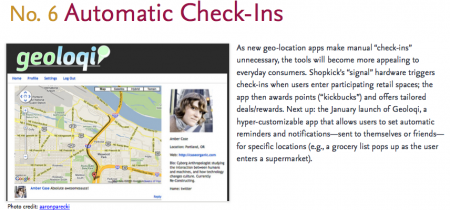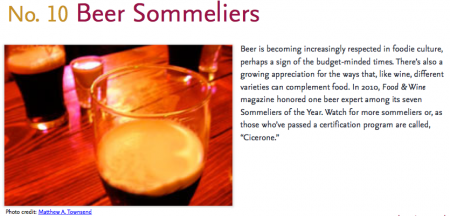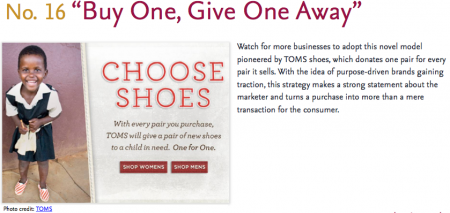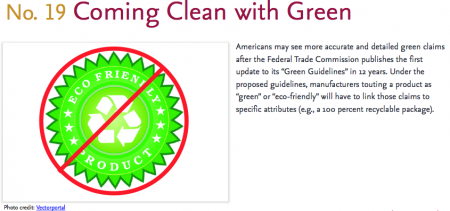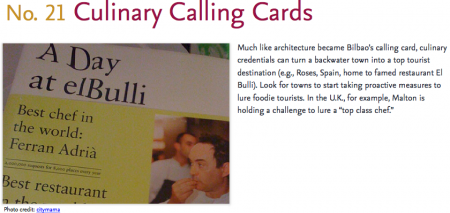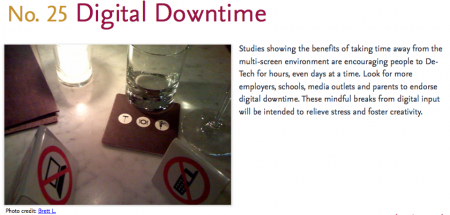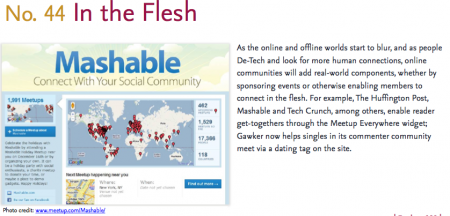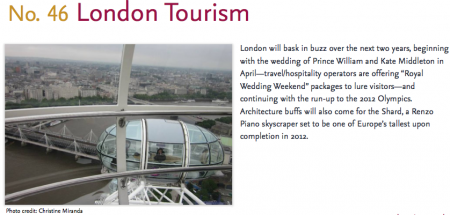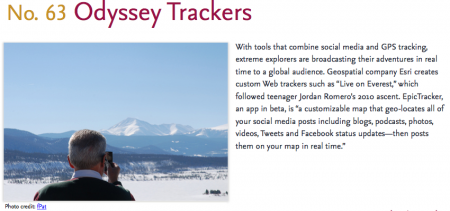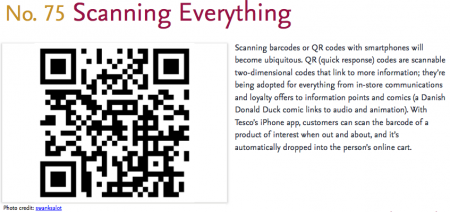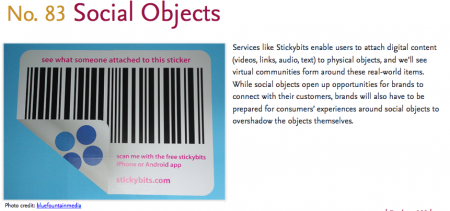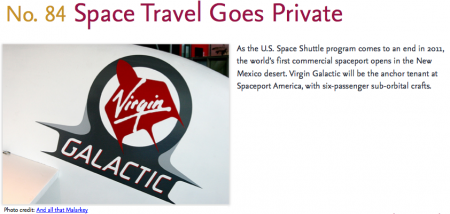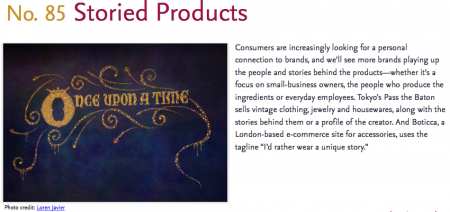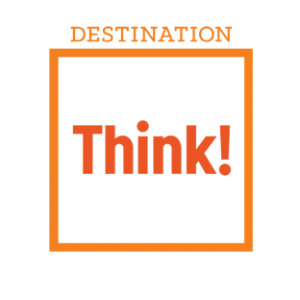Interesting list of things to watch in 2011 from JWT. Many trends relate to travel, tourism and hospitality. Here’s my highlights to pay attention to and why.
People might be sceptical about Foursquare, Gowalla or Facebook Places. But checkin-in services aren’t going away and services will become more intelligent, more meaningful and more relevant to people as innovators finds the sweet spot. And it’s a natural for travel and tourism.
Microbreweries have been hot in BC for a while and new restaurants and pubs offer selections of beers from around the world. This niche is turning mainstream and offering a great selection of beers might just be a great differentiator for your restaurant or pub.
Most DMO’s are still producing paper guides (don’t get me started). Many offer the option to download an electronic version to reduce production and shipping costs while minimizing environmental impact. Most DMO’s create an exact (PDF-like) copy of the paper version. But that’s missing the point. Offering an electronic format requires re-thinking the existing model for this kind of content delivery.
People are more socially and environmentally aware and the choices they make as consumers are starting to reflect this more and more. Brands are clueing in. Pepsi’s refresh project is a great example. The travel and tourism industry needs to become a lot more mindful of this. Voluntourism is one way of doing this. Tribes wanted is a good example and so is Abraham’s Path.
The next economic driver might very well be the green economy as innovators across the world are looking for solutions to global warming. People’s expectations for products and services will change. If not careful, traveling could become a frowned upon activity because of its environmental impact. It doesn’t have to be this way though but the travel and tourism industry needs to take this trend seriously. It takes leadership. Resort town Whistler for example is leading the local industry in realizing their sustainability vision.
Food is a very important part of a tourism experience. People talk about the weather, the food and how friendly the people were when they come home. A celebrity chef restaurant can be a reason to visit a destination.
This is the stuff I have nightmares about but some people’s definition of ‘getting away from it all’ is to disconnected all devices. As a tourism operator, you need to find your niche and this could very well be yours.
Another example of finding your niche.
As the internet and social network allow people to connect with people in passionate communities, they want to meet in person. The opportunity lies tourism and hospitality businesses is to find relevant communities and offer them the chance to connect in person, from foursquare swarm badge parties to geek cruises.
Needs no explanation.
There are a multitude of people traveling the globe and broadcasting their adventures to their communities. This is the new travel media. I remember suggesting inviting “Where the hell is Matt” to create a video in every community in BC. Never happened unfortunately and I still can’t believe no DMO ever has.
One of the break-through trends of 2010 and a hot topic during DMAI even though it’s old news in Japan. A QR code is in essence nothing more than an easy way to direct a user to a URL/app. But directing people to information is just the beginning. We need more imagination, like these Buddhist munks, Adidas or CASA.
This one is a bit more abstract. It can refer to physical objects as the center of a social interaction. A hotel review on Tripadvisor for example. It can also used as a virtual object used socially in an online environment. Sending someone a virtual gift on Facebook for example. It’s easy to do and the thought that matters, and that’s why they work. <plug>By the way, Think! licences a Facebook gift app for DMO’s and tourism businesses</plug>.
Will there be a galaxy DMO?
Tourism is all about stories. Tourism operators don’t sell a product, they sell a story, a memory. And a story needs a plot, a beginning, a middle and an end. You can design the story and the process is called service design. Companies like Disney go as far as creating a detailed backstory for everything in their themeparks, creating the perfect story for a guest to join in. What’s the story your guests joins?
Tags: beer, check-in, ebooks, food, green, guides, niche, QR, social objects, stories, trends, voluntourism